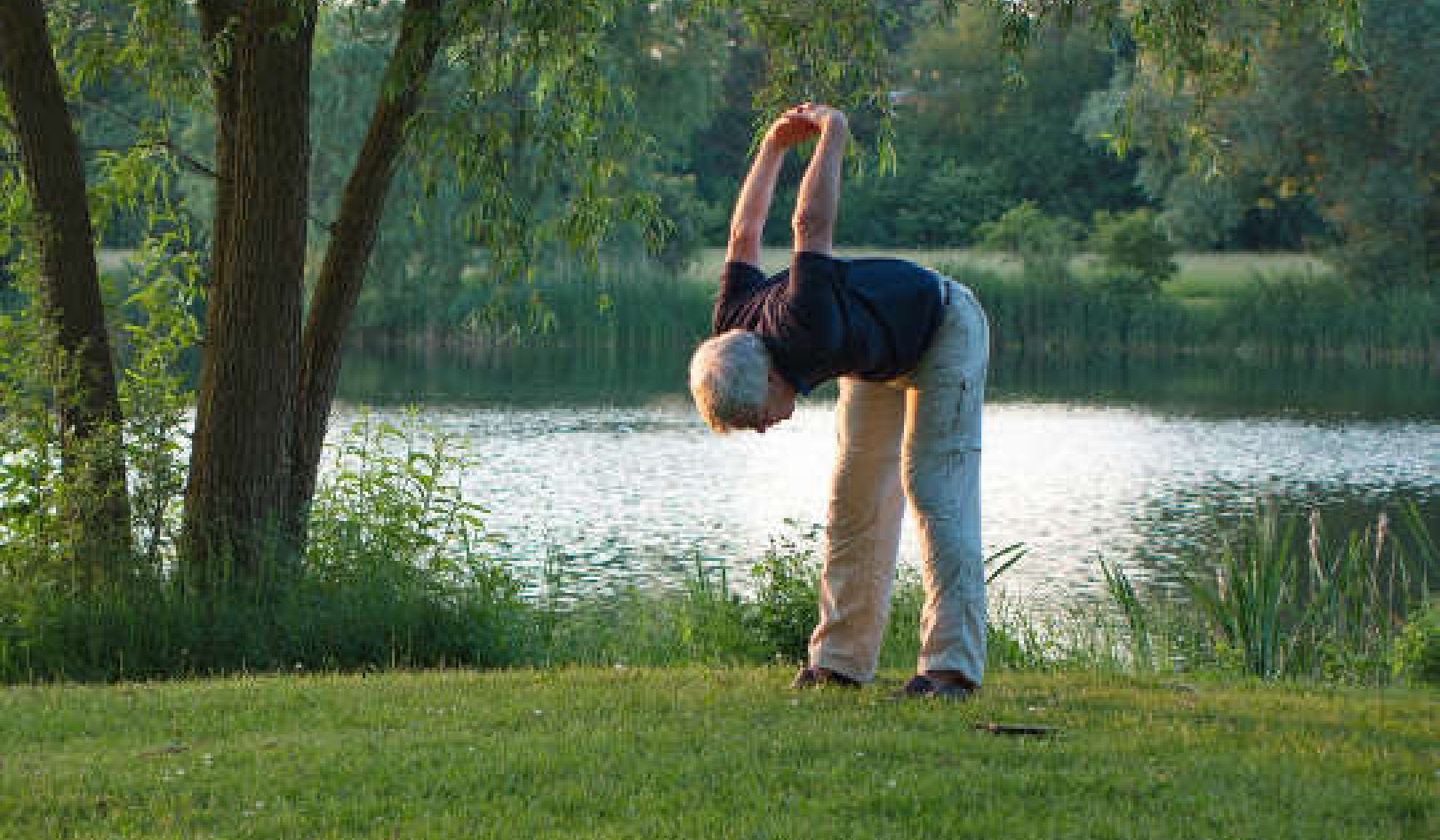 When symptoms of a concussion persist beyond three months, this is called persistent post-concussion symptoms. From shutterstock.com
When symptoms of a concussion persist beyond three months, this is called persistent post-concussion symptoms. From shutterstock.com
Concussion is a temporary disturbance in brain function following an impact to the head. It can also occur after a blow to the body, if the force is transmitted to the head.
Most people associate concussion with sports but they can occur anywhere, even at work or school.
There are many signs and symptoms of concussion, which may present differently between individuals. These include headaches, nausea, vomiting, slurred speech, dizziness, temporary loss of memory, and inability to focus. Loss of consciousness only occurs in around 10% of concussions.
Most people with concussions recover relatively quickly. Around 90% will recover within several days to a couple of weeks.
But sometimes symptoms continue beyond a couple of weeks. When symptoms persist beyond three months, the person may be diagnosed as having persistent post-concussion symptoms.
Rest is not always best
We don’t know exactly how common concussions are, because they’re under-reported. Some people don’t think they are a serious injury, so don’t seek treatment, while others mask their injury because they don’t want to be seen as weak.
The World Health Organisation classifies concussion, which is a type of traumatic brain injury, as a critical public health issue.
Complete physical and mental rest used to be recommended after a concussion. Since 2017, however, the concussion treatment guidelines have evolved to reflect the science.
While rest in the immediate 24-48 hours after a concussion is still advised, patients are now encouraged to undertake low-intensity exercise (such as walking, light jogging, or stationary cycling) and light mental stimulation (such as work or study) over the following days.
Recovery is individual, but the intensity of physical and mental activity should gradually increase over time and should not exacerbate or worsen the symptoms.
Persistent symptoms
Formerly known as post-concussion syndrome, persistent post-concussion symptoms occur in around 1-10% those who have suffered a concussion. The exact prevalence is unknown due to methodological differences between studies and how persistent post-concussion symptoms are defined within these studies.
As with concussion, persistent post-concussion symptoms vary among individuals but may include headaches, balance problems, light or noise sensitivity, anxiety and depression.
We still don’t know why some people’s symptoms persist for many months, sometimes even years.
But we suspect psychology may play a role. While the evidence is limited, early psychological intervention for those with ongoing symptoms, which involves educating the person on why they are feeling this way, has been shown to be effective at reducing the anxiety and depression that accompany persistent post-concussion symptoms.
Despite psychological support, some express continued physical symptoms, such as headaches, balance problems, and light/noise sensitivity; reflecting possible changes or abnormalities in the brain.
Fatigue, both mental and physical, is common in people with persistent post-concussion symptoms, but is often overlooked, despite it significantly impacting on quality of life.
What can measures of fatigue tell us?
Our new research suggests people with persistent post-concussion symptoms may have ongoing problems with fatigue and cognitive function because of changes to the way information is transmitted to and from their brain.
We used transcranial magnetic stimulation, a non-invasive brain stimulation technique, to measure participants’ brain function and neural processing.
When compared to both age-matched controls, as well as a group of people who have recovered from a previous concussion, we found people with persistent post-concussion symptoms were slower to complete the set activities – and their outcomes were more varied.
We have previously compared brain responses via this method in retired Australian Rules and Rugby league players and found abnormal responses compared to other people of the same age with no history of head trauma.
The next stage of our research is to better understand who is vulnerable to persistent post-concussion symptoms and how the condition can be treated.
We understand how to diagnose and treat concussion in the short term, but we’re yet to uncover how to best assist people with persistent post-concussion symptoms to return to leading productive lives.
About The Author
Alan Pearce, Associate Professor, School of Allied Health, La Trobe University
This article is republished from The Conversation under a Creative Commons license. Read the original article.
Related Books
at InnerSelf Market and Amazon























